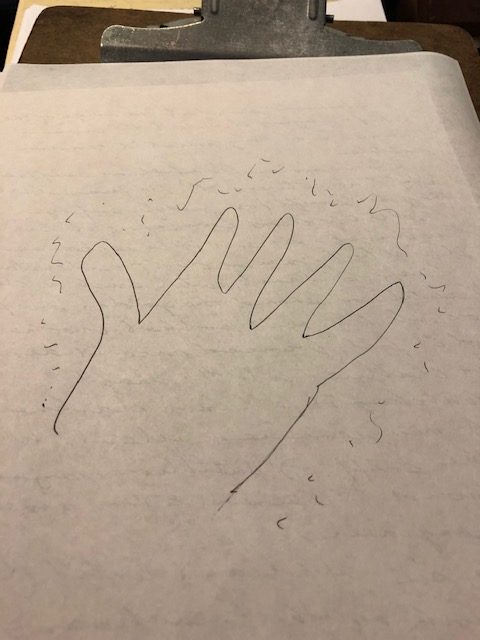
Planes have flown into clouds and vanished. No wreckage fell or was found. There are quite a few incidents of this type. Many are witnessed by large numbers of people. Being inexplicable, such events fade in memory and mention.
The vanishing Roman Legion in the Scottish campaign, the Norfolk regiment that vanished into a cloud at Gallipoli, in 1915, and events during the Viet Nam war expand the mystery from planes to large groups of men.
There are ships gone from the sea, vanished into mists, from all eras, with no sign of wreckage or sunken hulls.
Entire towns and villages have vanished, such as those in Alaska found abandoned. Nations, too, have disappeared, too, such as the Anasazi, leaving food cooking and no trail, no descendants, no sign of their culture.
Seems impossible but it’s fairly common and no one bothers to investigate.
It’s easy to blame murder and insurance scams for events such as the Marie Celeste but such a cynical guess holds no water when applied to the bigger events.
Charles Fort’s, “We’re property,” echoes, doesn’t it?
Another Fort story gleaned from a Pittsburgh, Pennsylvania newspaper comes to mind, the two cops greeted in perfect English by a little dog, which then vanished in a puff of green smoke.
High strangeness indeed.
Stranger that they’d report this and investigate it, seeking ways it could have been faked and finding none. It baffled the cops and remains an unknown.
Our world is inexplicable.
We hide behind concepts. We whittle the world to a sliver we can deal with, content to ignore 98% of reality in exchange for false security and phony comfort. Security and comfort are subjective delusions. Ask any field mouse.
My life, we claim.
Is it?
Or is all life one thing?
Our ego misleads and our id derails us, juggling nonsense to keep our attention off the chasm we are falling into, the box in which we’ve long since been buried, the trap we’ve sprung simply be being born.
To whom does life belong?
If people and things can vanish, maybe we live in a simulation after all. Our own? Another’s? Or an autonomous artificial intelligence, a self-developed binary data system. As Philip K. Dick called it, VALIS, meaning a Vast Active Living Intelligent System.
Ambrose Bierce wrote about the difficulty in crossing a field. It was based on a real case of a farmer observed by wife, children, and visitors to have vanished while walking across an otherwise empty field. No trace was ever found but his voice was heard, calling as if from far away, for days, even weeks, afterwards.
“Little Girl, Lost” by Richard Matheson, as dramatized on THE TWILIGHT ZONE, in which a little girl enters an alternative dimension through a wall, with the portal closing even as her father tries desperately to rescue her – yes, later used by Spielberg and Dante in POLTERGEIST – brought home the terror of a world we can’t entirely trust.
Next time you go for a walk, pay attention and be careful; you might avoid experiencing the terror of Poof! Gone.

/// /// ///
